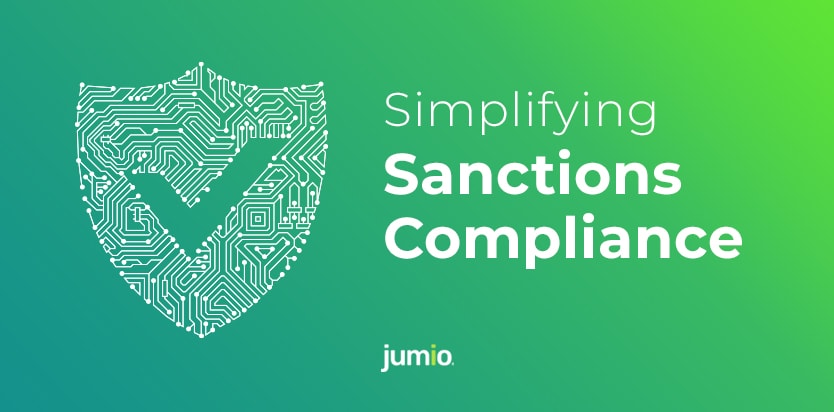
When you think of sanctions, household items might be the last thing that comes to mind. But even a simple toaster can have military uses, causing regulators to rethink requirements for sanctions compliance.
Sanctions compliance refers to the steps businesses must take to ensure they do not trade or have financial relations with those who have been put on sanctions lists. This can include drug traffickers, terrorists, money launderers and other types of criminals as specified by the Financial Action Task Force (FATF). It can also include entire nations who have been declared a threat. In recent years, governments have favored a more targeted approach to imposing sanctions on the individuals in power to try to avoid impacting average citizens.
Sanctions are a key part of anti-money laundering (AML) and Know Your Customer (KYC) efforts. But compliance is notoriously challenging. “As we all in the AML world know, sanctions compliance has long been a complex endeavor for organizations,” said Chuck Subrt, Director, Fraud & AML Practice at Aite-Novarica Group, in a recent webinar. “They’re tricky, hard to navigate and get right, and failure really isn’t an option.”
For those who do fail, the penalties are high. Regulators have put businesses on notice that it’s no longer acceptable to do the bare minimum for sanctions compliance. Companies must prove that they’ve done their utmost to avoid sanctions violations — or pay the price. In 2022, the U.S. Department of the Treasury’s Office of Foreign Assets Control (OFAC) issued penalties of $42.6 million, double the amount of the previous year. 2023 is on track to be even higher with a whopping $33.3 million as of April 2023.
The war in Ukraine has increased the challenge. After sanctions were imposed on Russia, direct sales of computer chips to Russia by U.S. manufacturers ground to a halt. But other countries have stepped in to keep the supply of chips flowing, making it very difficult for U.S. companies to comply with sanctions regulations and stop their products from finding their way to the Russian military.
As a result, sanctions regulations are being constantly updated to stay ahead of the alternate methods these individuals use to acquire chips. This includes placing restrictions on toasters, hair dryers and microwaves, whose chips can be repurposed for use in weapons and military equipment such as drones and tanks. With such mundane household objects at risk of being weaponized, sanctions have had to expand farther than ever before. Corporations that are involved in finance or are regulated as a financial institution must perform sanctions checks during onboarding and also on an ongoing basis throughout the customer lifecycle due to the risk that sanctioned individuals and entities introduce to the supply chain.
But to be most effective, sanctions should be aimed at the right targets, and they shouldn’t interfere with a company’s ability to do business with legitimate customers. Compliance should always strike the right balance of protecting the public interest as well as allowing companies to carry out their normal operations and grow their customer base. Yet it’s never been more challenging for companies to keep up with constantly changing rules and increased expectations by regulators for advanced sanctions screening measures. That’s why it’s essential to use the most sophisticated, automated tools available.
Thankfully, Jumio Screening provides everything you need to screen for sanctions, politically exposed persons (PEPs), adverse media and other watchlists during onboarding and throughout the customer lifecycle. It uses AI and advanced machine learning algorithms to automatically monitor tens of thousands of lists and quickly identify potential financial crime risks. By automating the screening process and reducing false positives, Jumio helps companies comply with regulatory requirements without sacrificing conversions or productivity.
To find out more about how Jumio can help you meet your compliance obligations and protect your business while streamlining the onboarding experience, contact us to start a conversation.

